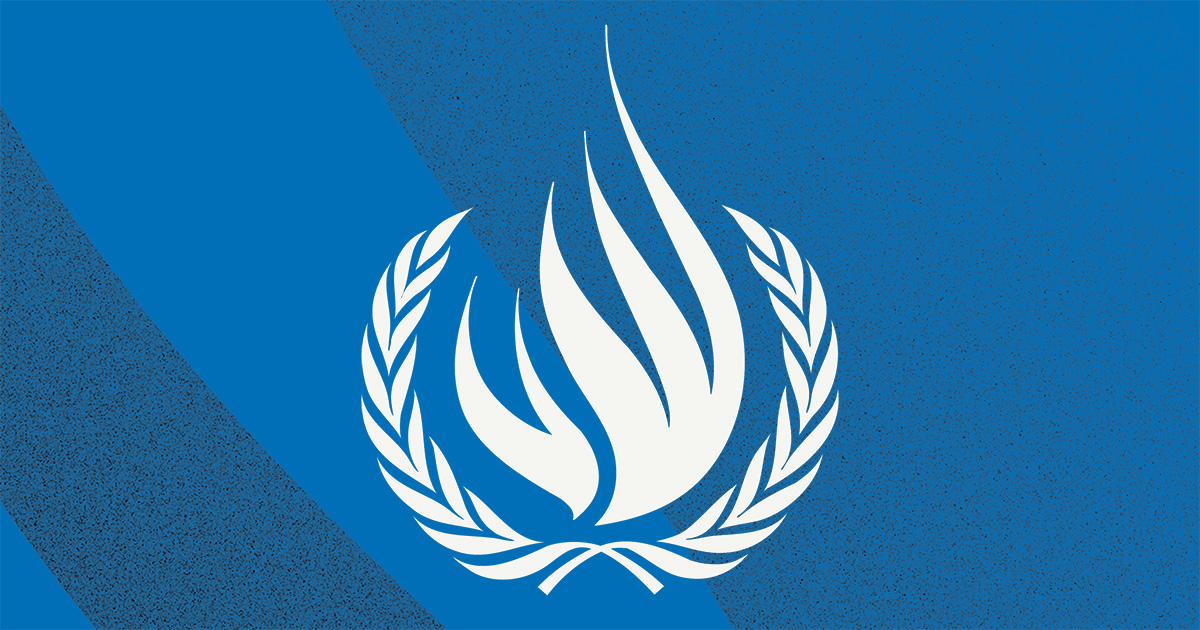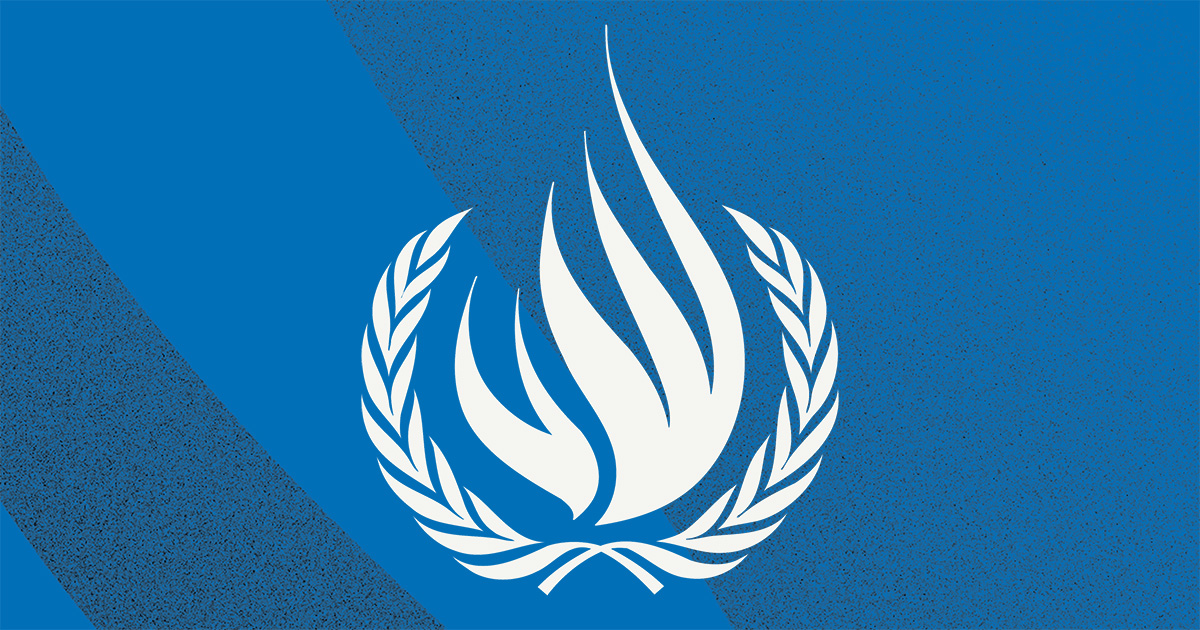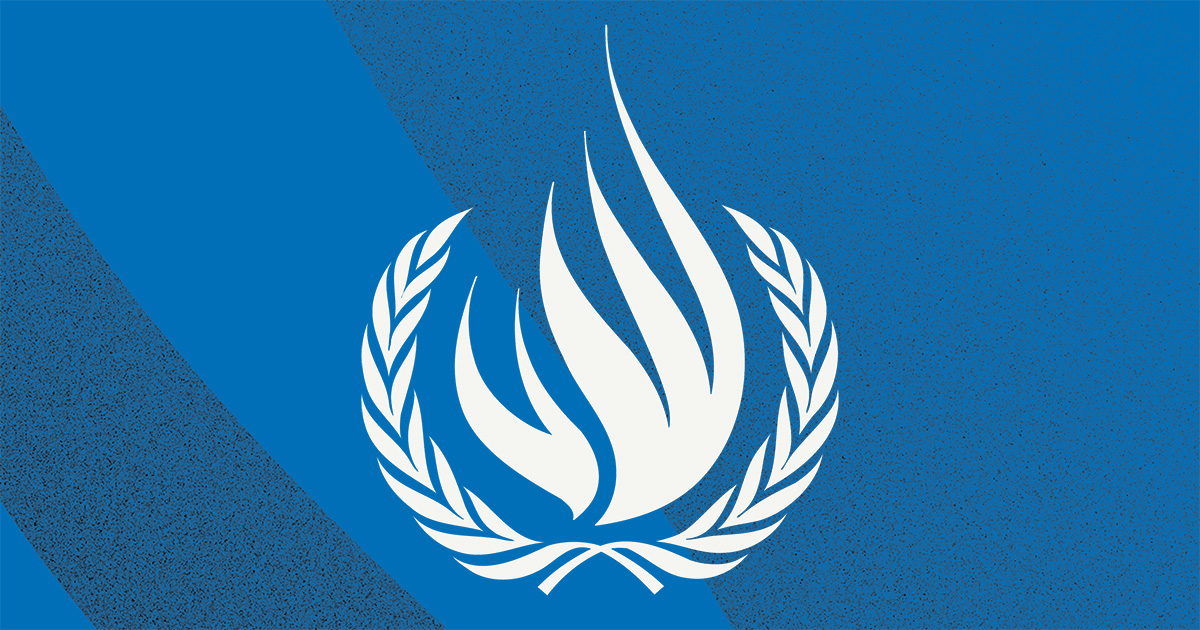
GENEVA (10 November 2022) – The UN Special Rapporteur on contemporary forms of slavery, Tomoya Obokata, will conduct a visit to Costa Rica from 16 to 25 November 2022.
During the visit, the expert will examine instances of labour exploitation which may amount to forced or bonded labour in various sectors of the economy such as agriculture/agroindustry, tourism, manufacturing and domestic work. Obokata will also assess to what extent the worst forms of child labour prevail in the country and what steps have been taken by the Government and by businesses to eliminate these practices.
The Sustainable Development Goals require States to: “Take immediate and effective measures to eradicate forced labour, end modern slavery and human trafficking and secure the prohibition and elimination of the worst forms of child labour, including recruitment and use of child soldiers, and by 2025 end child labour in all its forms.”
“By becoming a “Pathfinder” country under Alliance 8.7, Costa Rica committed to accelerated action in this regard and I wish to assess what progress has been achieved in ending slavery in the country, what the remaining challenges are and what else is needed to end slavery-like practices, including in the private sector,” Obokata said.
The Special Rapporteur will spend time in San José and Los Chiles, and meet government officials, civil society organisations, trade unions, representatives of the UN and the inter-American system for human rights, international organisations and members of the diplomatic community.
Obokata will share his preliminary observations at a hybrid press conference on 25 November at the UN House, Oficentro La Virgen No. 2, Zona Industrial, Pavas, San José, at 10 A.M local time. Access will be strictly limited to journalists.
The Special Rapporteur will present a comprehensive report to the Human Rights Council in September 2023.
ENDS
Mr. Tomoya Obokata was appointed UN Special Rapporteur on contemporary forms of slavery in March 2020. Mr. Obokata is a Japanese scholar of international law and human rights, specialising in transnational organised crime, human trafficking and modern slavery. He currently serves as Professor of International Human Rights Law at York Law School, and previously taught at Keele University, Queen"s University Belfast and Dundee University (all in the United Kingdom Great Britain and Northern Ireland).
The Special Rapporteurs are part of what is known as the Special Procedures of the Human Rights Council. Special Procedures, the largest body of independent experts in the UN Human Rights system, is the general name of the Council’s independent fact-finding and monitoring mechanisms that address either specific country situations or thematic issues in all parts of the world. Special Procedures’ experts work on a voluntary basis; they are not UN staff and do not receive a salary for their work. They are independent from any government or organization and serve in their individual capacity.
For inquiries and media requests, please contact:
Ms. Satya Jennings (+41 79 221 8074 / satya.jennings@un.org)
For media inquiries related to other UN independent experts please contact:
Renato Rosario De Souza (renato.rosariodesouza@un.org) or
Dharisha Indraguptha (dharisha.indraguptha@un.org).
Follow news related to the UN’s independent human rights experts on
Twitter @UN_SPExperts.
Concerned about the world we live in?
Then STAND UP for someone’s rights today.
#Standup4humanrights
and visit the web page at http://www.standup4humanrights.org









